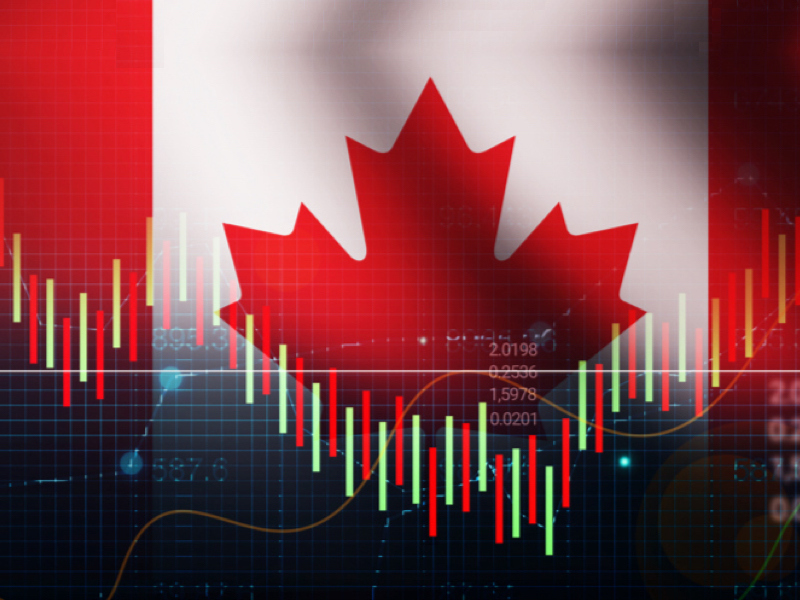
Retaliating against the new U.S. tariffs on Canadian goods with higher tariffs on U.S. imports may be popular, but it will also come with a cost — stoking inflation and further slowing growth in Canada, Desjardins Group says.
In a report released on Friday, Desjardins economists try to estimate the effects to the Canadian economy of the counter-tariffs Canada intends to impose on the U.S.
‘The federal government published a long list of imported goods that have been or could be hit with retaliatory tariffs of 25%. These goods number in the thousands, and range from umbrellas to underwear and steel to spirits,” the report noted. It added that the counter-tariffs are expected to raise levies on over half of imports from the U.S.
According to the report, the government isn’t targeting its retaliation to minimize the domestic impact by targeting goods that can be easily substituted by Canadian households.
Instead, these tariffs appear to be calibrated to maximize their impact on U.S. exporters, while also directly responding to the U.S. measures, and trying to prevent the impacts from being concentrated regionally within Canada, the report said.
“As a result, the 25% tariffs on select imports from the U.S. should broadly translate to an eventual 25% reduction in demand,” it said.
And these retaliatory tariffs will stoke inflation.
“By our estimate, counter tariffs could increase inflation for the year starting in [the second quarter] by 0.6 percentage points,” the report said.
The impact of sharply higher import prices would be even worse, if not for the fact that the tariffs are expected to drag down economic growth — providing some disinflationary pressure.
“We’ve estimated that if counter tariffs of 25% are applied to $185 billion in imports within the next month, the level of real GDP would be lower by about 0.3% at its peak drag by the end of 2025,” Desjardins noted.
Weaker growth will lessen the inflationary effects of retaliation, which may also be tempered by companies absorbing some of the added costs, and by the prospect of a weaker U.S. dollar, the report said.
Normally, the Bank of Canada would be expected to fight higher inflation with higher interest rates, but in this case, “given the nature of the inflationary shock,” Desjardins expects the central bank to continue to gradually cut the overnight policy rate, ending 2025 at 1.75%, in an effort to limit the economic damage caused by the trade war.
And, it noted that, while retaliatory tariffs will weigh on growth in Canada, even without them, the economy was headed for a contraction due to the U.S. tariffs alone.
“While avoiding retaliatory tariffs might ease the pain for Canadians, it is likely insufficient to stave off a recession,” it said.
Hitting back at the U.S. on tariffs, without causing too much self-inflicted damage, presents a tough challenge for policymakers.
“Thus far, the government of Canada seems to have done as good a job as one might hope for,” the report said.